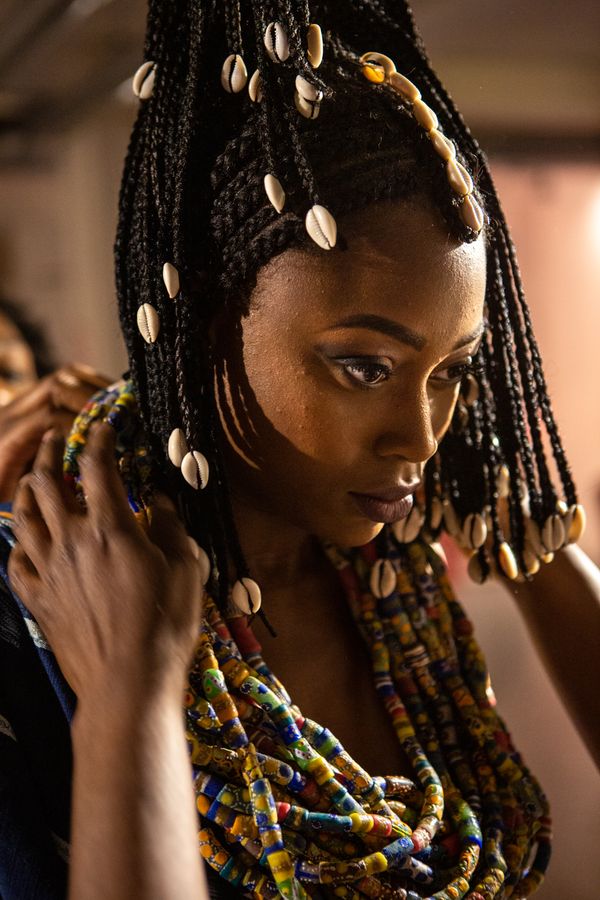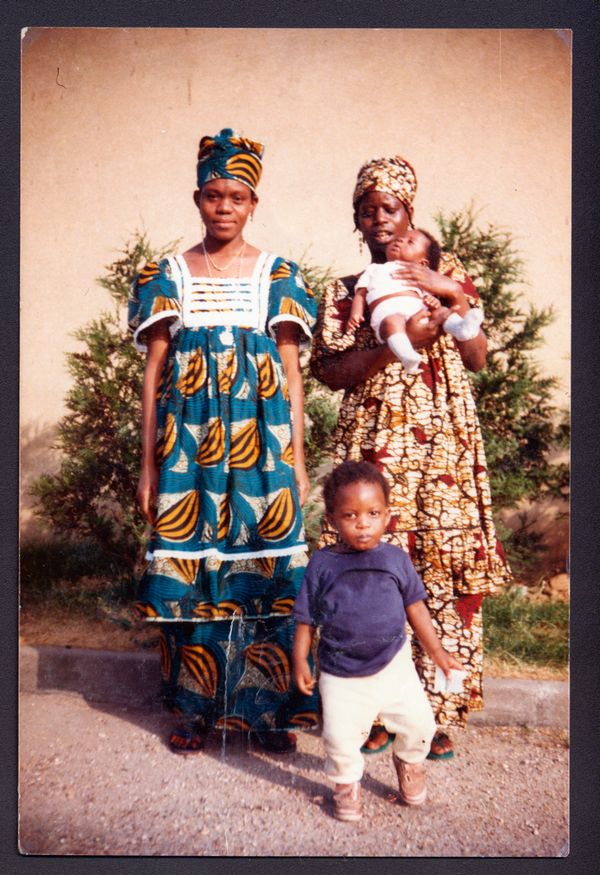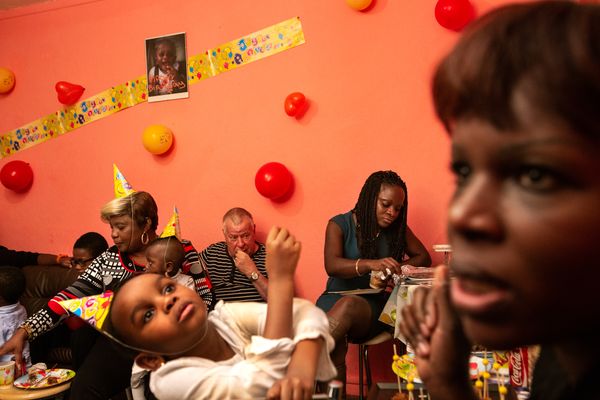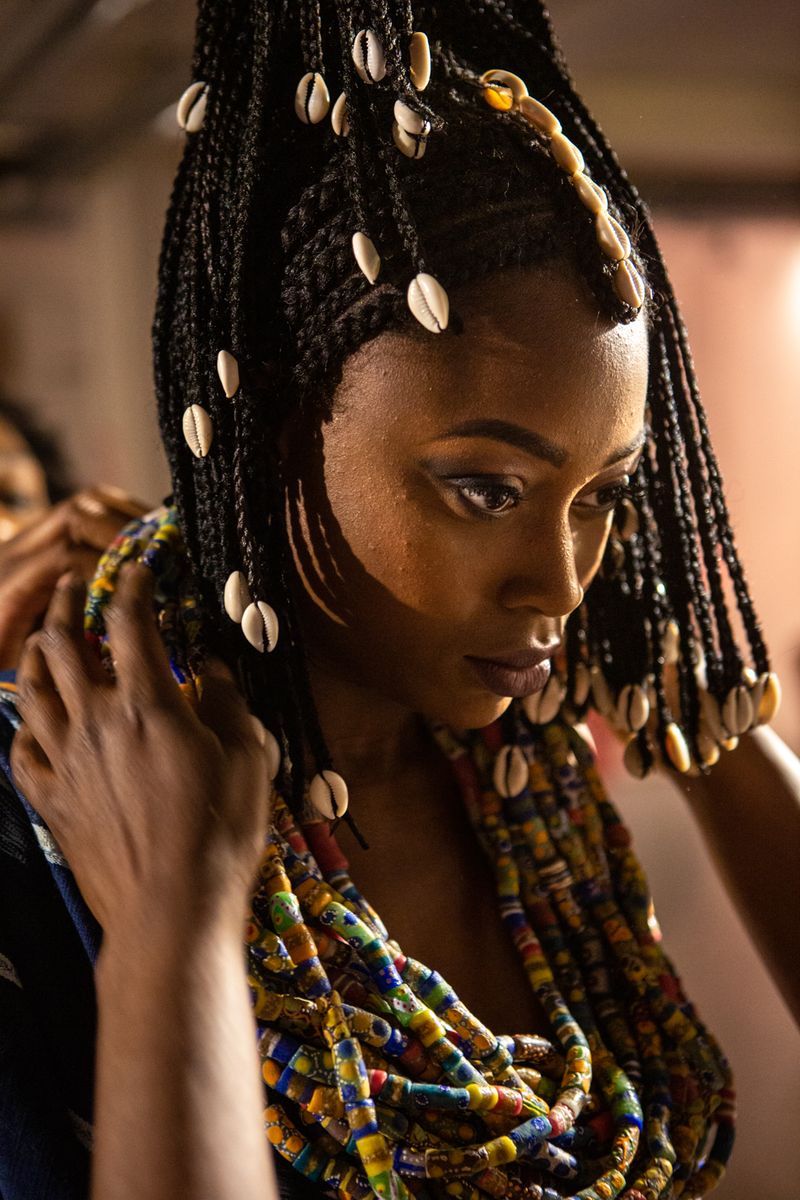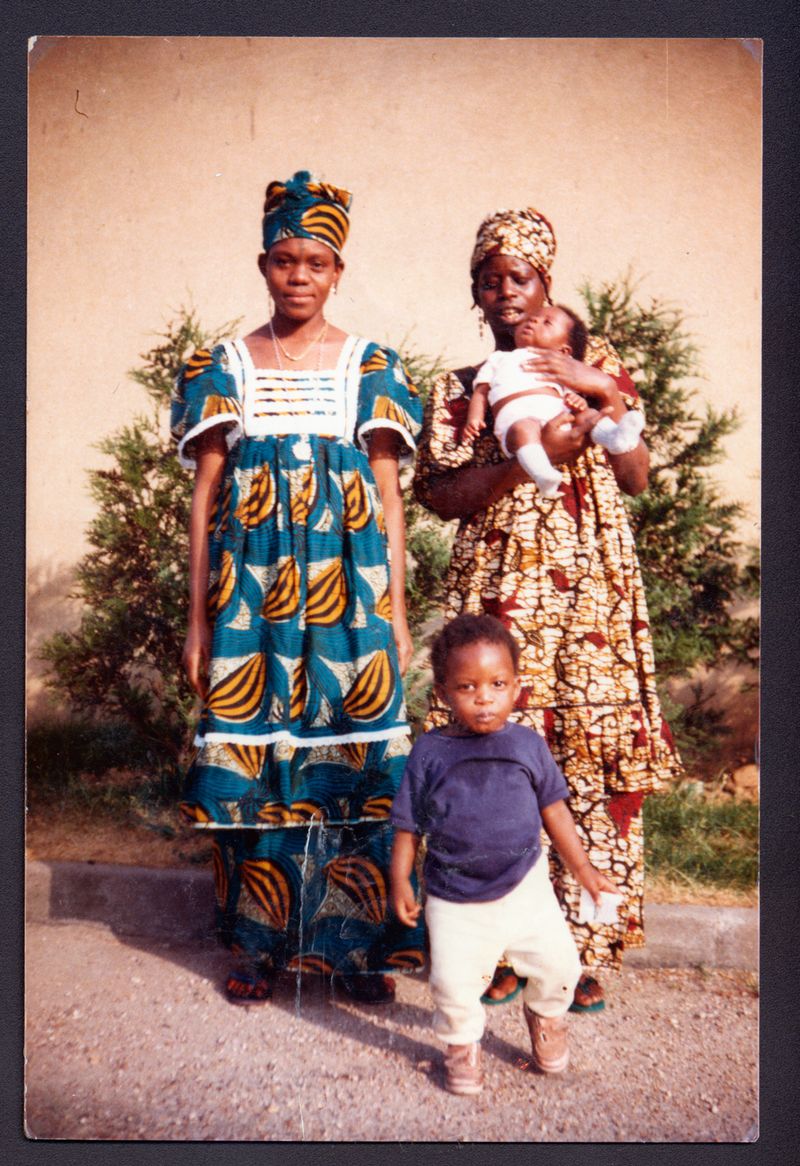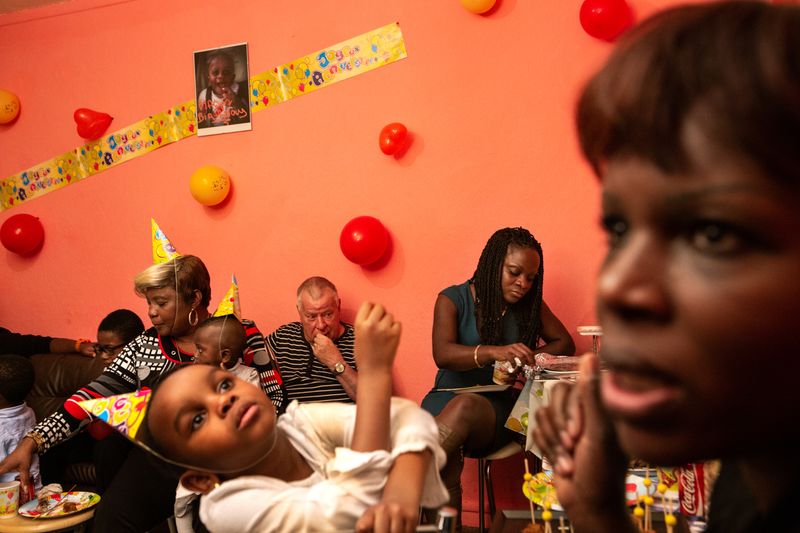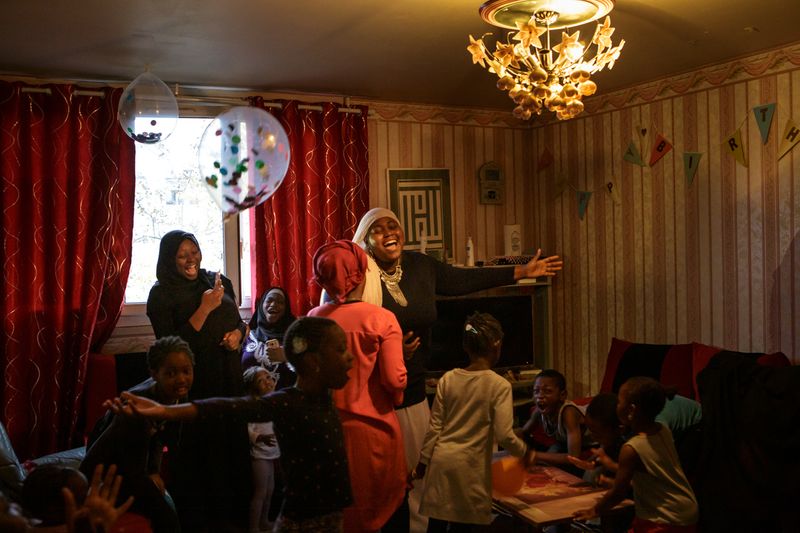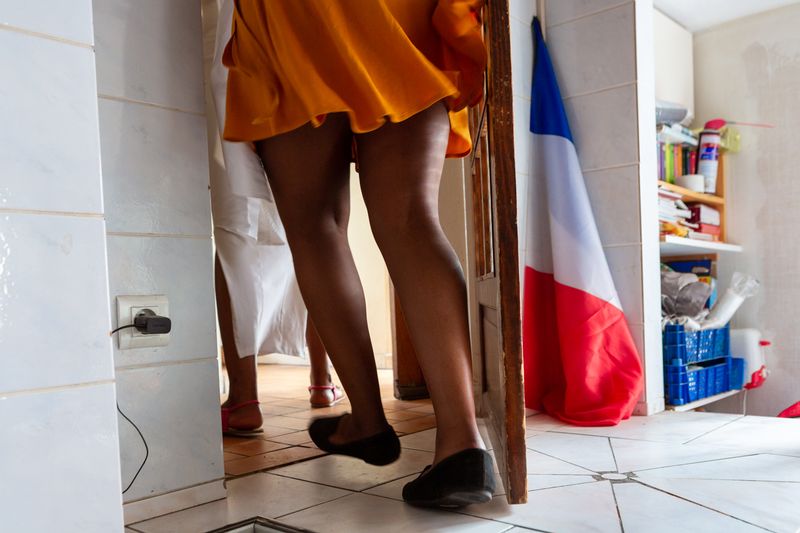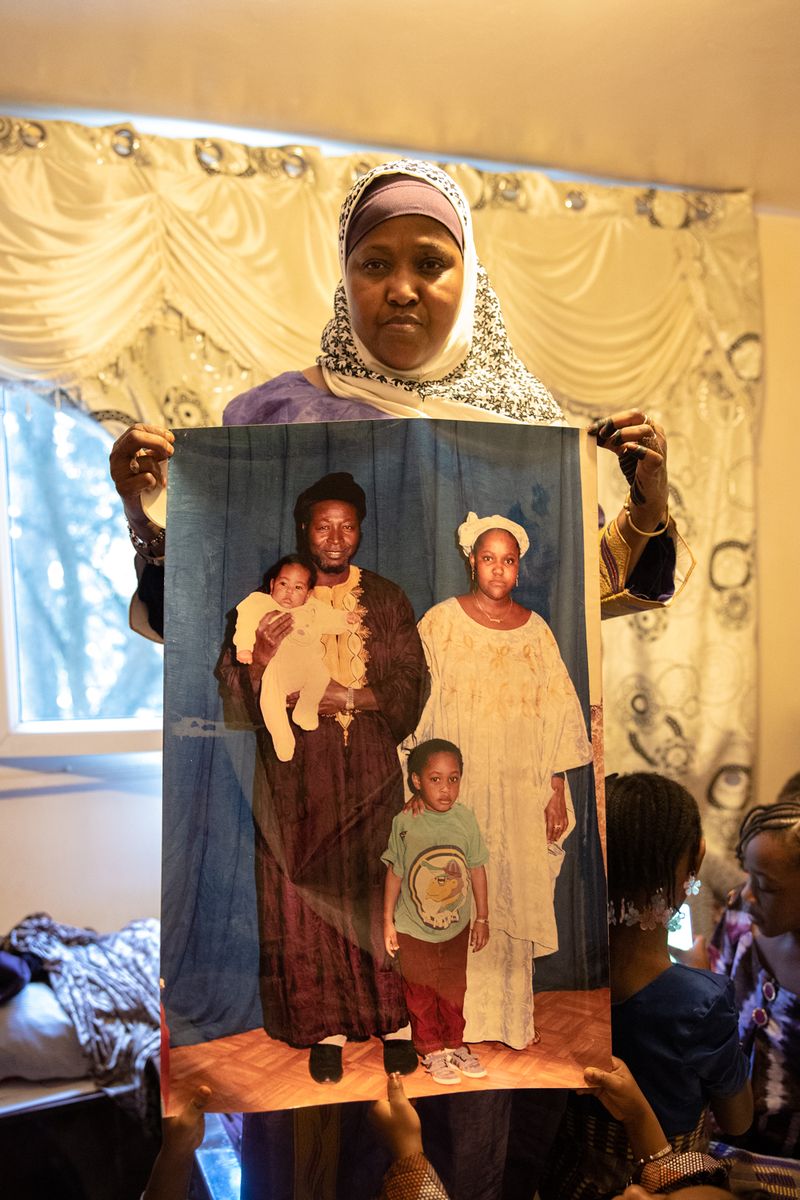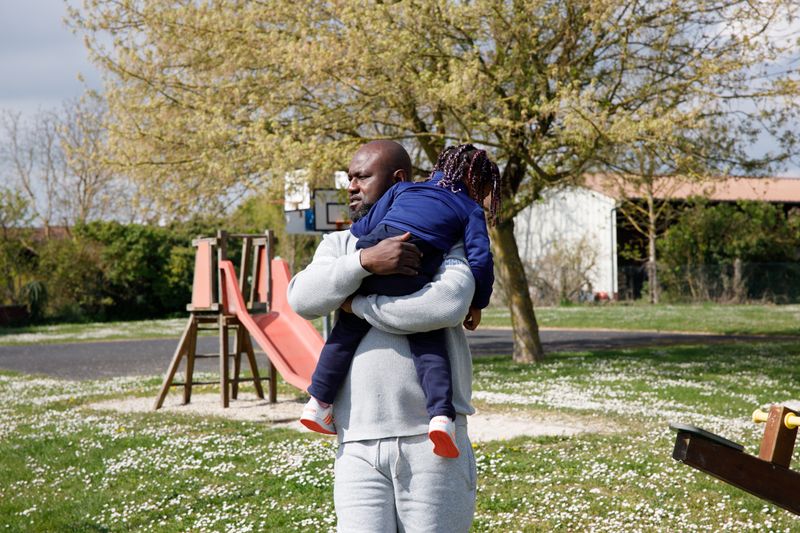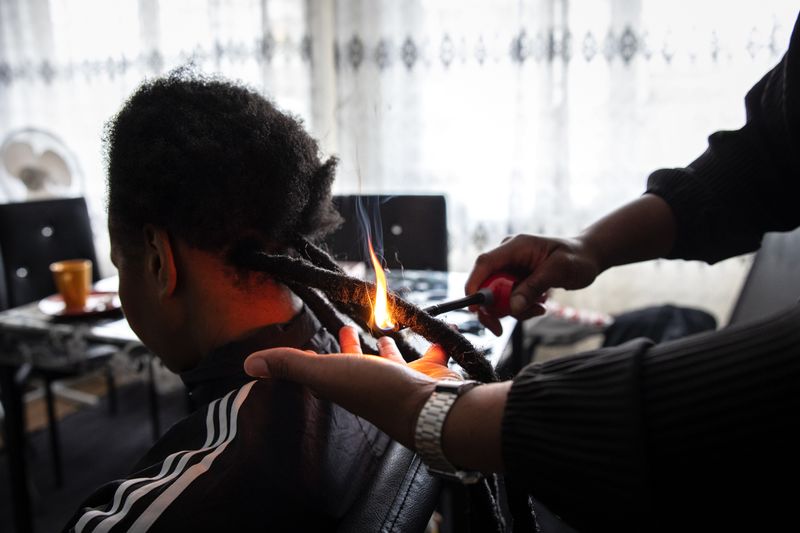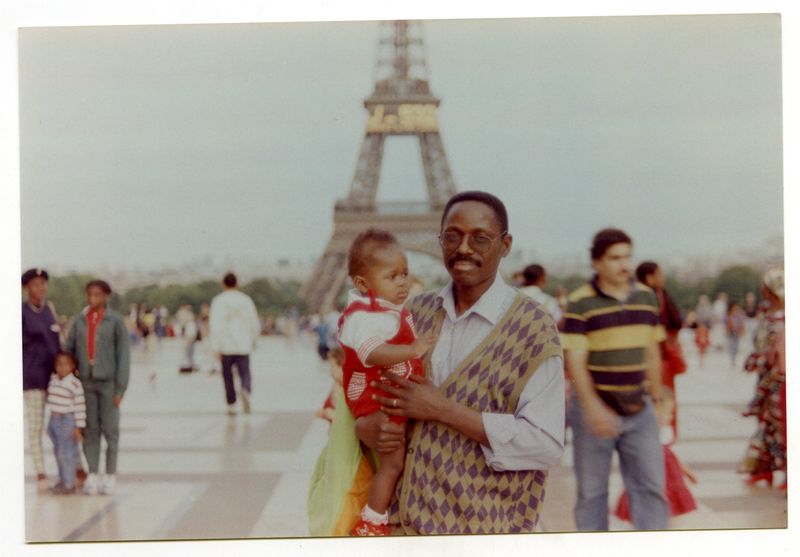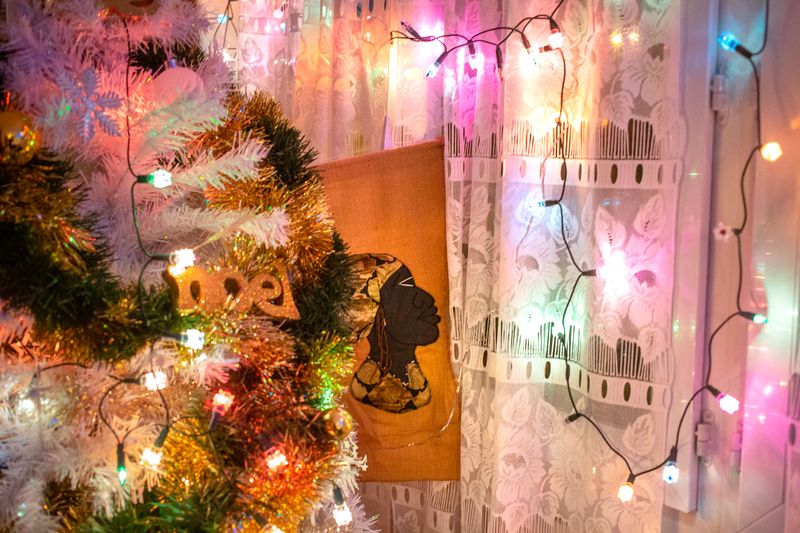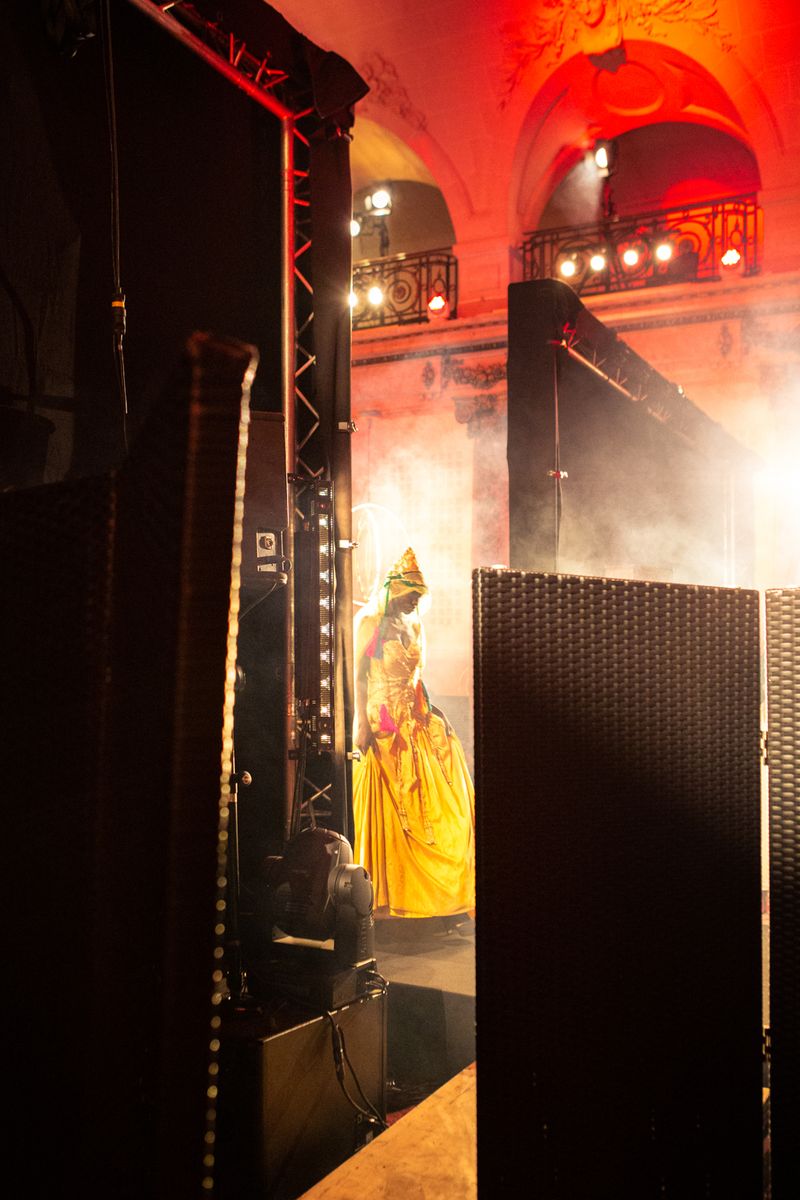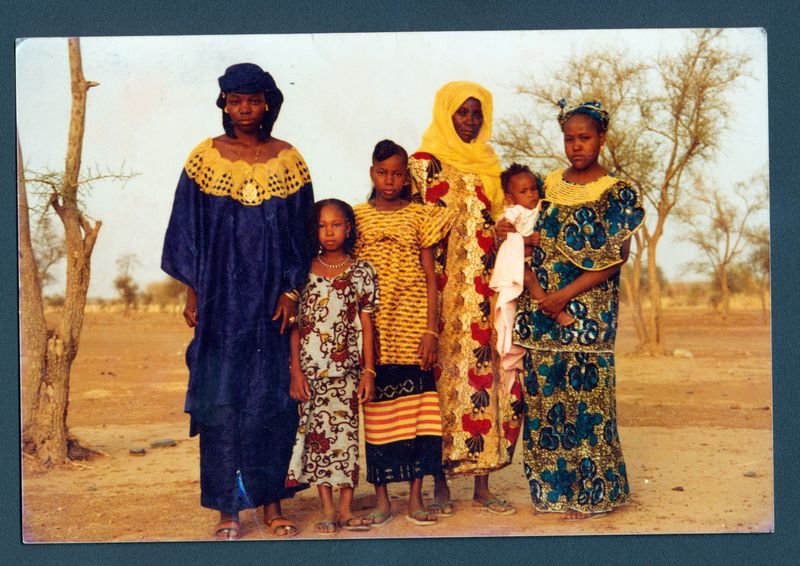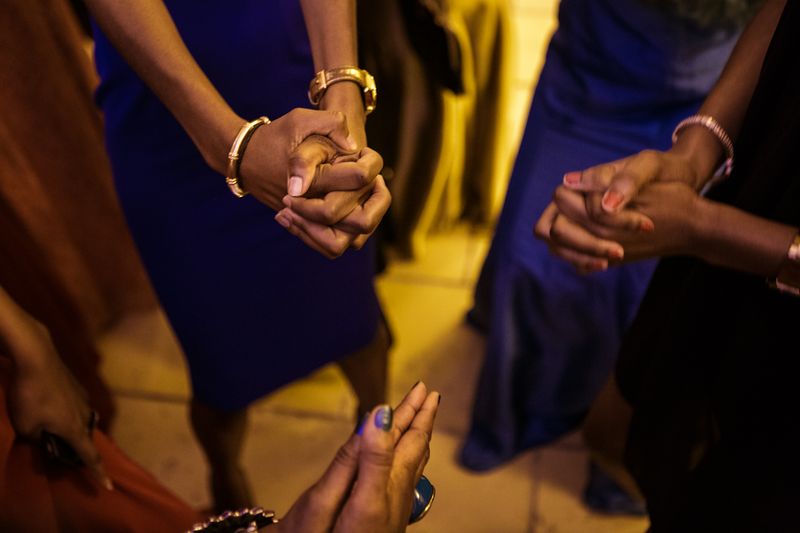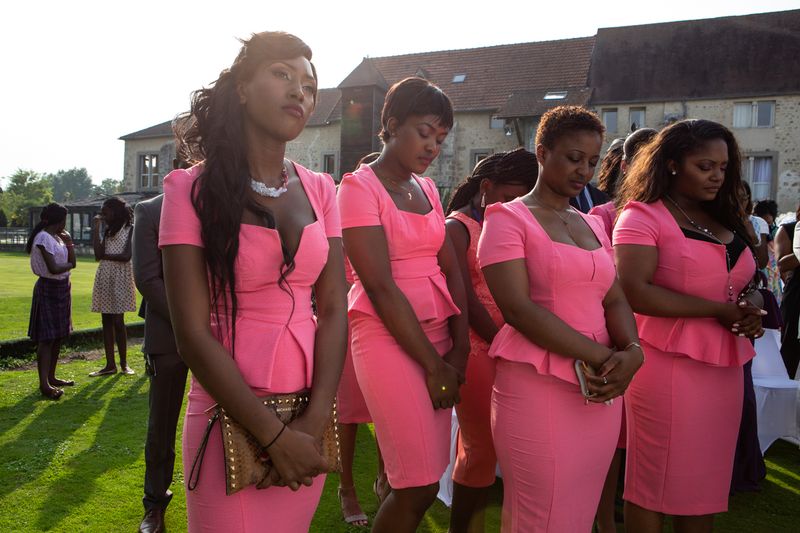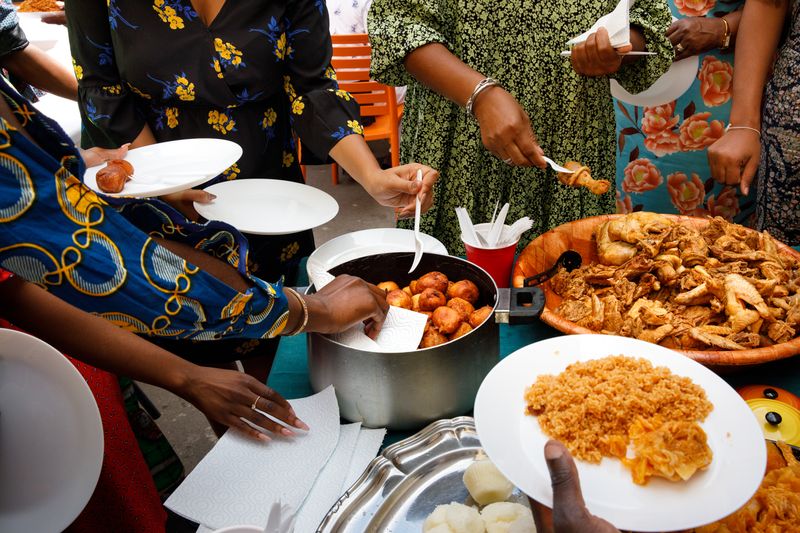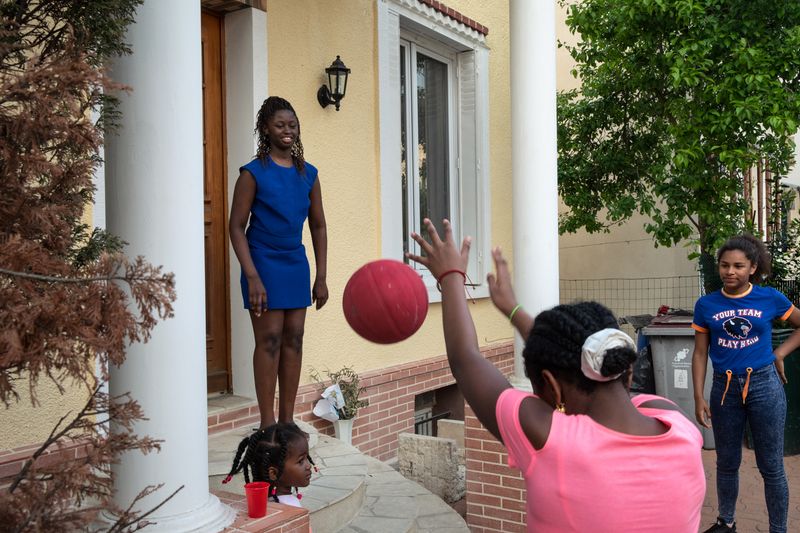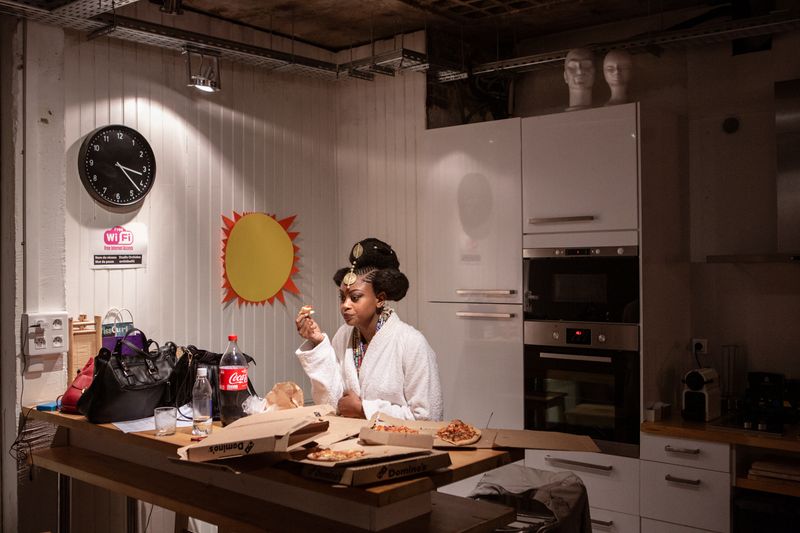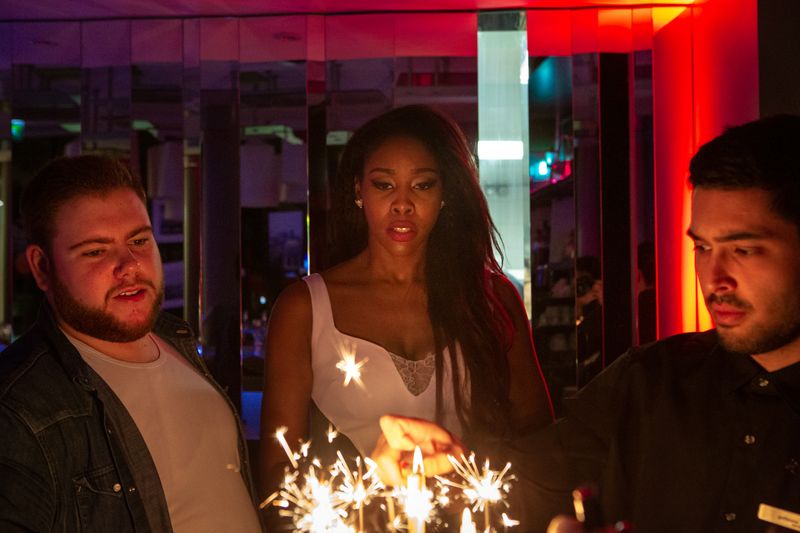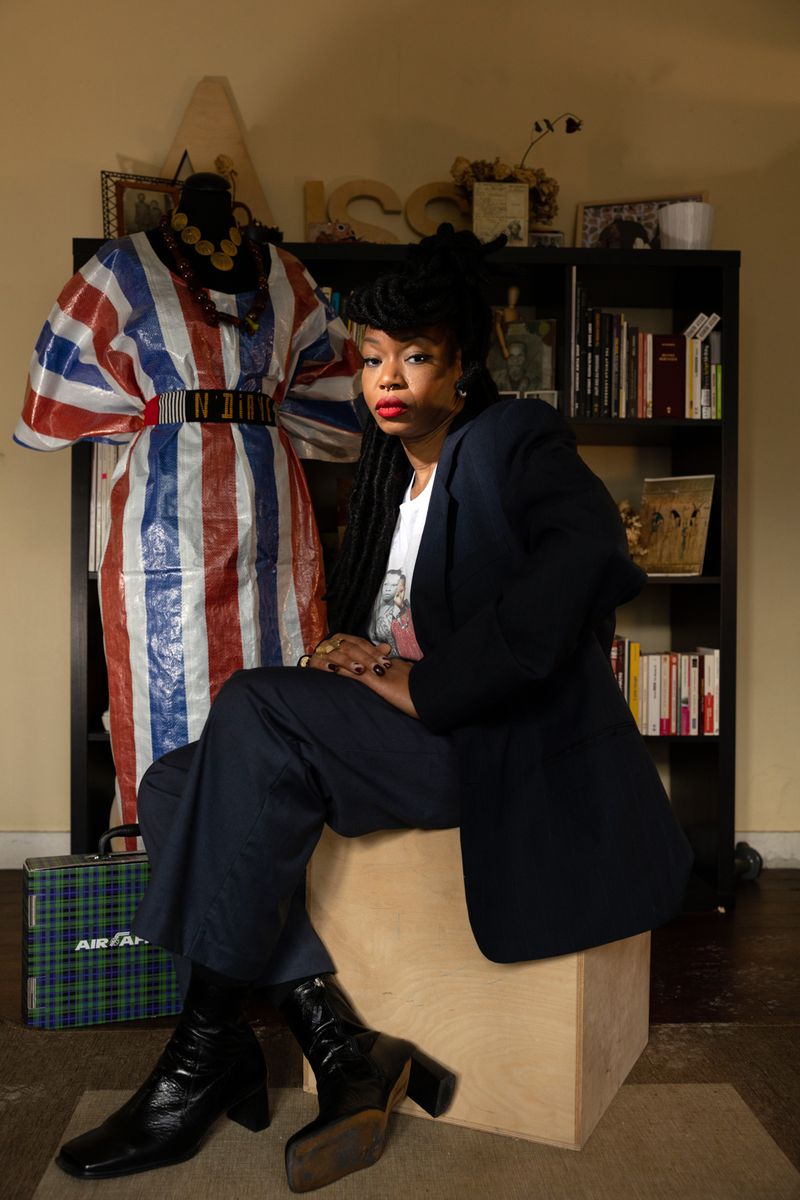FIRST GÉNÉRATION
-
Dates2014 - Ongoing
-
Author
First Generation is a photo-documentary work on the first generation of French women of African descent born in France from immigrant parents coming to work from Central and West African ancient colonies.
First Generation is a photographic documentary work on the first generation of French women of African descent born in France.
In the history of African immigration in France, family reunifications occurred between 1975 and 1980, making young African descendants born in France the first Afro-French generation.
They are not considered French in France nor African in their parent's country of origin; these women live a daily quest for identity and fight for a socio-cultural place that legitimizes their dual origin.
Having to transcend the conflict between their nationality and the feeling of not belonging, these women create their new bi-cultural existence with choices made from traditional European culture and the African education of their parents, between colonialism and cosmopolitanism, between one generation and another; many women use the word Schizophrenia to describe what it is like to build their identity in the middle of two very different cultures.
Integration is a well-known issue in the recent history of France and Europe, and the place of women in this process is crucial, as they are still responsible for transmitting family and culture. Representation and diversity are also fundamental issues in contemporary Europe. For their bi-cultural identity to be constructed, this adult generation carries the past, present, and future in its choices.
First Generation aims to reveal how a first generation that has no way back to the past breaks French culture to place this nascent mixed identity.
The entire work consists of four layers that aim to evoke empathy and historical understanding: a series of contemporary documentary photographs, interviews, portraits, and a selection of familiar archives.
The use of vernacular photography is crucial as the family photographs illustrate the passage from the previous. These women grew up in an African environment and developed French culture through public school. The vernacular images of their childhood allow us to understand the historical context and how public politics are also personal and part of intimate stories.
To realize this work, I have interviewed many black women born in France. Given the ban on ethnic statistics in French law, the audio interviews were crucial to understanding the reality of these women. They turned out to be extremely sensitive, intimate, and intense. They are the ones who tell their experiences.
Although the image of French black men's identity is already inscribed globally through football, hip-hop, and cinema, the representation of black women in France is far from being assimilated. French women are still perceived as Parisian white women, and this imagination represents a robust model of femininity worldwide, even if this is not the daily life reality.
Considering that this is the first generation of African-French women born in France and considering the documentary nature of this generational work, it is essential to conclude this body of work with the presence of key African-French women who are stating representativeness and their inevitable presence in the social dynamics of this country today.
After devoting eight years to this project, I aim to conclude its last chapter presenting the strong expansion of black female identities in contemporary France. For that, I would like to conclude this work with a series of portraits—both photographic and in video interviews— and a multimedia piece showing African-French female identity in the making. Amid the advanced work done with different women in daily life, I aim to include singers, journalists, philosophers, actresses, politicians, and other professionals taking part in this new female identity.
So far, a series of 17 portraits has been made. My goal is to create a series of new portraits on a total of 30 and produce a dynamic multimedia piece created over video interviews and their own mobile video productions, both used for social media and daily life use today.
The multimedia piece will also include the interviews, family archives, family intimacy moments, ambiances and music illustrating this bicultural identity in expansion.
The stories of these women are as multiple as their identities, the work counts on women's collaboration to be constructed. In France, universalist values and laws do not allow statistics on ethnic groups; directly listening to the voices and experiences of the concerned women is crucial to their non-represented voices.
The recognition of this new French identity is still nascent. To protect them from a possible external gaze that would see them as a community and not as French women, I chose to follow women of different origins from West and Central Africa. This also reflects the African crossbreeding in France today, which is still far from the crossbreeding with the original French culture.
An exhibition may take place after the work's conclusion, and it is already under discussion with Azu Nwagbogu, who will be—and has been—the curator of the work. We trust the importance of including these final portraits and multimedia work as significant material to conclude this unprecedented long-term photo-documentary research.
